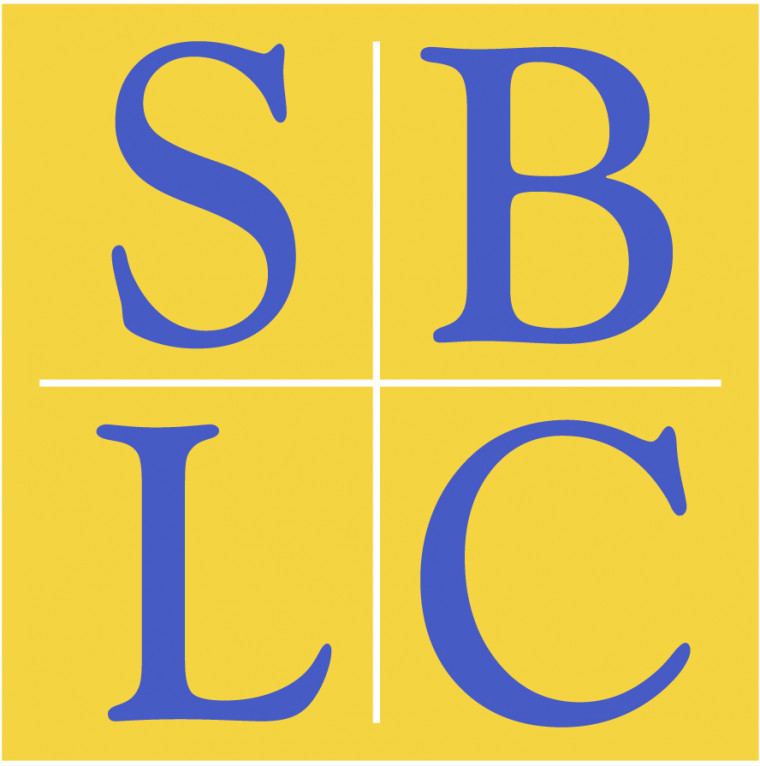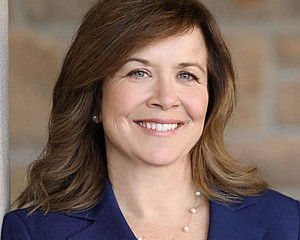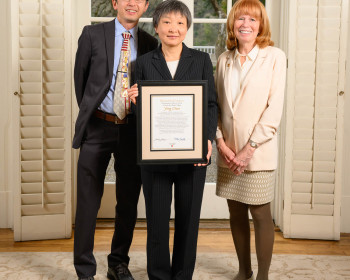Small Business Legal Clinic Provides COVID-19 Resources
Open gallery

The Small Business Legal Clinic at Lewis & Clark Law School, which provides business transactional legal services to low-income small and emerging businesses in Oregon, has set up one-on-one meetings with attorneys for COVID-19 related issues as well as created a web page for all COVID-19 related general legal information. The webpage contains pandemic related legal resources for small businesses including information on lease renegotiation and how to handle a broken contract. In May, they will including resources on regulations for reopening businesses.
Since the start of the pandemic, SBLC has received a number of specific requests dealing with the COVID-19. In response, the clinic has compiled an FAQ (frequently asked questions) for commercial lease renegotiation due to COVID-19, disclaimers for COVID-19 related products, and other contract disputes related to COVID-19 disruption. One-on-one virtual meetings are being offered for lower-income clients with specific issues. For business owners with general legal questions related to work as an artist or small business, SBLC offers an Art and Business Legal Information Portal (ABLIP), providing faster turn around for people with general legal questions as one-on-one meeting slots typically fill up quickly and are income-limited.
“We are trying hard to be responsive to the small-business community during this time,” stated SBLC Director Julieanna Elegant. “The communities we work with have been hit the hardest by COVID-19. For example, businesses in the Jade District saw a significant reduction in sales 6-8 weeks sooner than other businesses. Many of our other clients have restaurants, hair salons and acupuncture clinics. We want to help our businesses as much as possible ”
SBLC is able to put together these extra resources for their clients because funders allowed for flexibility and creativity during the COVID-19 crisis. The Ford Family Foundation allowed the SBLC to suspend the expected deliverables if other services would be more useful. SBLC was able to think creatively and create resources to support businesses in new ways, such as the creation of ABLIP. Additionally, both the City of Portland and the City of Beaverton were interested in solutions that would reach a wide variety of people, which allowed the SBLC to experiment with FAQs and webinars.
“We have also been able to use work-study students whose on-campus jobs have changed because of the campus closure,” stated Elegant. “They helped research the questions discussed in the FAQ pages and eventually we hope to have students help in reviewing some of the general legal questions that come through the ABLIP.”
The webpage is being updated with new information as webinars and FAQs are being created. “This is a resource we want to keep improving on while continuing to provide the best service to small businesses,” Elegant stated.
Law Communications is located in room 304 of Legal Research Center (LRC) on the law Campus.
MSC: 51
email jasbury@lclark.edu
voice 503-768-6605
Cell: 626-676-7923
Assistant Dean,
Communications and External Relations, Law School
Judy Asbury
Law Communications
Lewis & Clark Law School
10101 S. Terwilliger Boulevard MSC 51
Portland OR 97219

